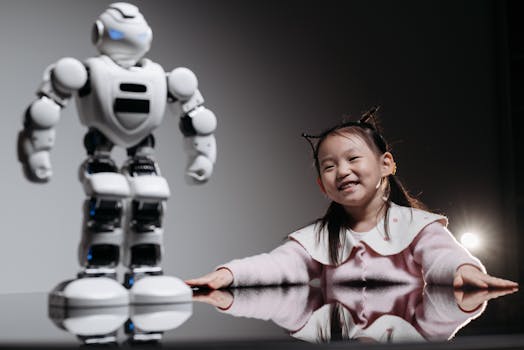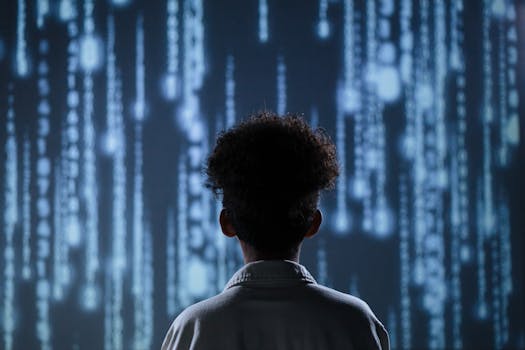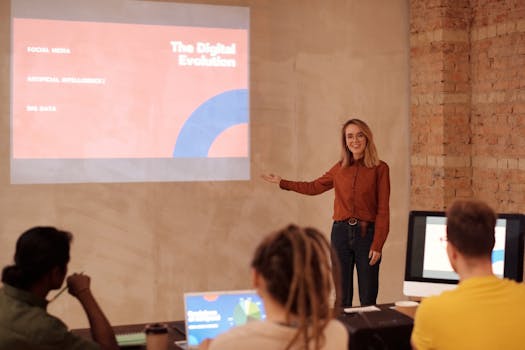
The Future of Education: What 2025 Holds
The future of education is a topic of great interest and debate. With the rapid advancements in technology, artificial intelligence, and personalized learning, the education sector is transforming at an unprecedented rate. As we approach 2025, it’s essential to explore the trends and innovations that will shape the future of education.
Personalized Learning

Personalized learning is an approach that tailors the learning experience to individual students’ needs, abilities, and learning styles. With the help of artificial intelligence and machine learning algorithms, personalized learning platforms can analyze student data and provide customized learning pathways. This approach has shown significant improvements in student outcomes and engagement.
Online and Hybrid Learning

Online and hybrid learning models have become increasingly popular in recent years. These models offer flexibility and convenience, allowing students to learn at their own pace and on their own schedule. As technology continues to advance, we can expect to see more sophisticated online and hybrid learning platforms that integrate virtual and augmented reality, gamification, and social learning.
Artificial Intelligence in Education

Artificial intelligence is being used in various ways in education, from adaptive learning systems to intelligent tutoring systems. AI-powered tools can help teachers with grading, feedback, and lesson planning, freeing up more time for hands-on instruction and student support. Additionally, AI can help identify learning gaps and provide personalized interventions to support student learning.
Virtual and Augmented Reality

Virtual and augmented reality technologies are being used to create immersive and interactive learning experiences. These technologies can simulate real-world environments, making it possible for students to explore and interact with complex concepts in a more engaging and effective way. As VR and AR technologies continue to advance, we can expect to see more widespread adoption in education.
Skills for the Future

As the job market continues to evolve, it’s essential for students to develop skills that are relevant to the future workforce. This includes skills such as critical thinking, problem-solving, creativity, and collaboration. Educators and policymakers must work together to ensure that education systems are preparing students for the challenges and opportunities of the 21st century.



